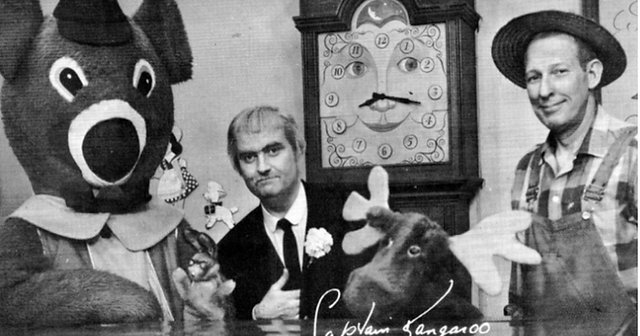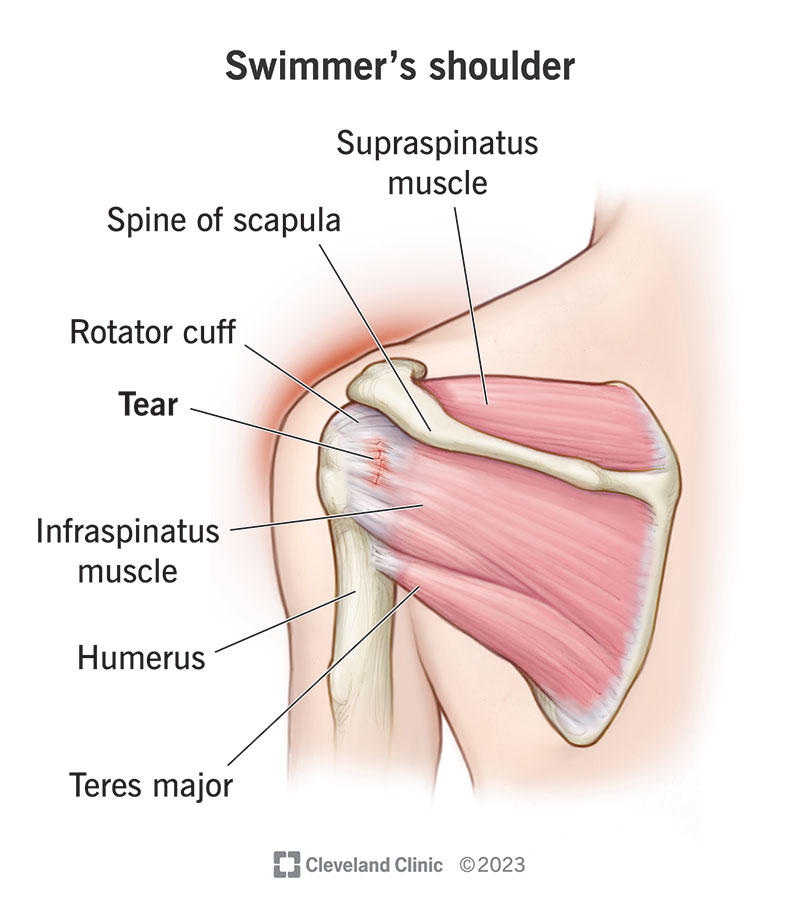MARION CUNNINGHAM is a woman of conviction, with twinkling cornflower blue eyes, white hair slicked back in a tiny ponytail and a handsome, grandmotherly face. She also has a keen sense of the ridiculous, delivering her zingers in the style of a practiced comedian.
Tucking into a lunch of short ribs and roast fingerling potatoes at Craft a couple of weeks ago, she said, ''You know, dear, I don't like to see food too fancy.'' Pause. ''You don't know whether to frame it or eat it.''
Since 1979, when she undertook a revision of ''The Fannie Farmer Cookbook,'' first published in 1896, Mrs. Cunningham has never wavered in her devotion to simple American cooking. Let others follow prevailing fashion. Mrs. Cunningham would rather serve chicken pie and wedges of iceberg lettuce.
''I'm never seduced by ideas at the peak of their popularity, such as baby vegetables,'' she said, but she will admit to a fondness for mascarpone, fruit ices and sun-dried tomatoes, at least when they first came out.
Each of the six books that followed the Fannie Farmer struck the same homey note. And now, she said, although a little less convincingly when pressed, her newest book, ''Lost Recipes'' (Alfred A. Knopf), is her last. ''I have nothing else to say,'' she insisted.
Hardly.
The book is addressed to all who are tempted to give home cooking a second chance. What started as devotion to American cooking has turned into a one-woman crusade to get families back to the dinner table. No matter how the conversation went at lunch, Mrs. Cunningham, who will be 82 in February, always turned it to what has become her consuming passion and, she hopes, her legacy.
How has cooking changed since she went to work with James Beard?
''Cooking is really disappearing,'' she said. ''It's a greater loss than anyone realizes. If you don't share food around a table, preferably cooked at home, you won't know who you are or where you came from.
''The aroma of food being cooked has a huge effect.'' (It's one of the reasons she dislikes microwave ovens.) ''It matters because it's something that is uniquely coming from your family. It doesn't matter whether it's good cooking or bad cooking. People never forget what their mother cooked, even though sometimes they would like to.''
Somewhere between the short ribs and the homemade doughnuts, she warmed to her theme. ''Others may think after-school sports are good for children,'' she said. ''They should be home having dinner with the family. People are living a motel life.''
Mrs. Cunningham writes for people who shop in supermarkets, where, she said, quality does not match variety.
''The food is mass-produced,'' she said. ''It comes great distances from where you buy it. Everything is picked to be shipped. You really have to search around to find good beef and chicken. Everything has lost its intrinsic flavor.''
Technological changes like speeding up a chicken's growth and speeding up cooking worry her. ''Organic,'' she said, ''is a very authentic concept because it's saving the land,'' whether or not it tastes better. ''Alice Waters thinks it's better,'' she said of the notable Bay Area chef, who is one of her best friends. ''I'm kind of lost on that.''
Her disdain for the way food has been manipulated never comes across as the rantings of a cranky old lady. Her complaints are made in sorrow, and her annoyance is turned into the amusing put-down. She saves the best zingers for herself.
She suffers from agoraphobia and forced herself to overcome her fear of going out, but deep down, she said: ''I am a hypochondriac. I'd hate to have people think of me like that. But if I had my way, I'd walk around with a thermometer in my mouth.''
Instead, she is a woman who only last year gave up driving the 70-mile round trip every evening from her home in Walnut Creek, Calif., to San Francisco to have dinner with friends, a ritual she began after her husband died in 1988. She put 2,500 miles a month on her Jaguar, the only real luxury in which she has ever indulged despite her enormous success.
After ''three or four'' Jags she has turned to a Lexus and goes into San Francisco two or three nights a week.
''The engine,'' she said, ''is tons better. You know in a minute just because of the way it sounds.'' But she conceded she no longer gets the same deference in a parking lot.
How many octogenarian women know one car from another? How many spent two years running a gas station during the Second World War? She said she always wanted to own a station.
She cooks dinner for her friends two or three nights a week, grocery shopping in the morning after swimming laps and performing water exercises. It helps her lift the 50-pound bags of birdseed and corn kernels she feeds the pigeons. In the beginning, she said, only four or five came. Now there are 148. ''I've created a monster.''
Mrs. Cunningham was a late bloomer. She did not start on her career until she was 45, when she left California, her home state, for the first time and went to Seaside, Ore., to take cooking classes with Beard. She had been teaching cooking classes herself at $4 a lesson. ''I wish I could refund their money,'' she said. But Beard considered her the smartest student in the class, equipped with a critical palate, the culinary equivalent of perfect pitch. He asked her to help him in Oregon the following summer.
She became his alter ego, traveling with him for years. He recommended her to Judith Jones, Knopf's legendary editor, to revise ''The Fannie Farmer Cookbook.'' At 57, she became the author of a book that has gone on to sell more than a million copies. And when Beard died in 1985, she became the first lady of American cooking.
''I know people recognize me and say hello, but half the time I think I've met them and I'm so old I don't recognize them,'' she said.
Halfway through the doughnuts, which her critical palate did not think had much flavor, Mrs. Cunningham reconsidered retirement. She mused about starting cooking classes with her daughter, Catherine. ''The trouble with retirement communities,'' she said, ''is there's too much idle time. It's so depressing. I don't want to be idle.''
SAN FRANCISCO LITTLE JOES
Adapted from ''Lost Recipes'' by Marion Cunningham (Alfred A. Knopf)
Time: 15 minutes
3 tablespoons vegetable oil
1 onion, chopped
1 pound lean ground beef
1 pound fresh spinach, chopped
Salt to taste
Tabasco
4 eggs, lightly beaten
1/4 cup grated Parmigiano-Reggiano.
1. Heat oil in a large skillet. Add onion, and cook over medium heat until soft. Add beef, mixing with onion and breaking it up into bits with a fork. Cook until no longer red.
2. Add spinach. Mix well. Cook, stirring for 3 to 4 minutes, until spinach has wilted. Add salt to taste. Mix a dash of Tabasco with eggs, then pour eggs over beef. Stir until eggs set. Transfer mixture to a warm platter, and sprinkle with cheese.
Yield: 4 servings.
A version of this article appears in print on , Section F, Page 1 of the National edition with the headline: AT LUNCH WITH: Marion Cunningham; A Grande Dame Of Home Cooking Is Still at the Stove.
- Preheat oven to 350ºF and line a large baking sheet with parchment paper. Stir together flour, baking soda, sea salt, cinnamon, ginger and clove in a medium mixing bowl. In a separate medium mixing bowl, use a hand mixer to beat together softened butter, granulated sugar and brown sugar on medium speed for 2 minutes. Add egg, molasses and sriracha and beat for 1 minute longer. Gradually beat in flour mixture on low speed until fully incorporated.
- Add 3 tablespoons of granulated sugar to a small bowl. Using a two-tablespoon cookie scoop, scoop cookie dough and roll into balls. Roll each cookie in granulated sugar and place on cookie sheet 2-3 inches apart. Bake cookies for 11-12 minutes. Cool cookies for 5 minutes on cookie sheet then transfer to a wire rack to cool completely. Repeat with remaining cookie dough.












